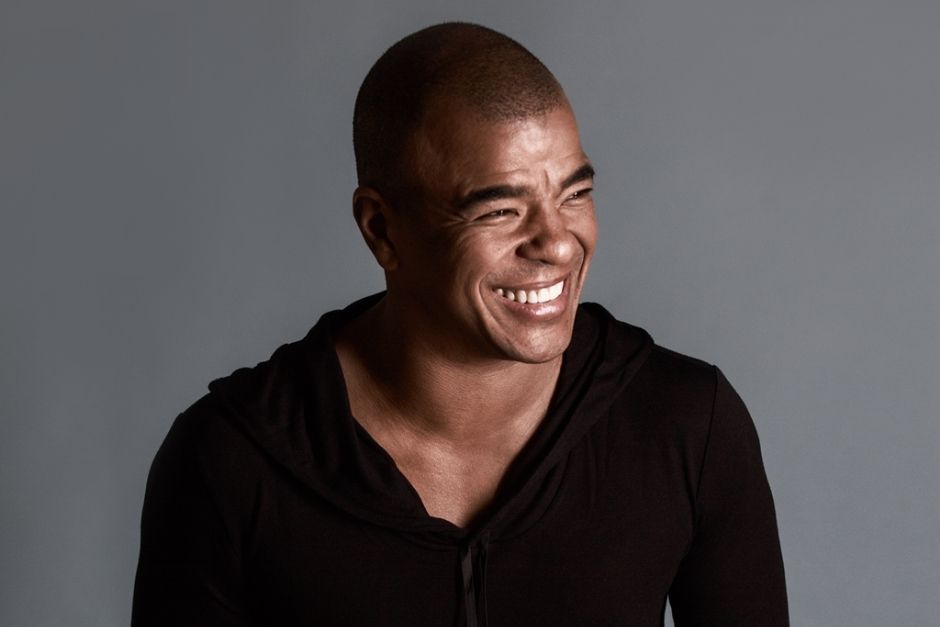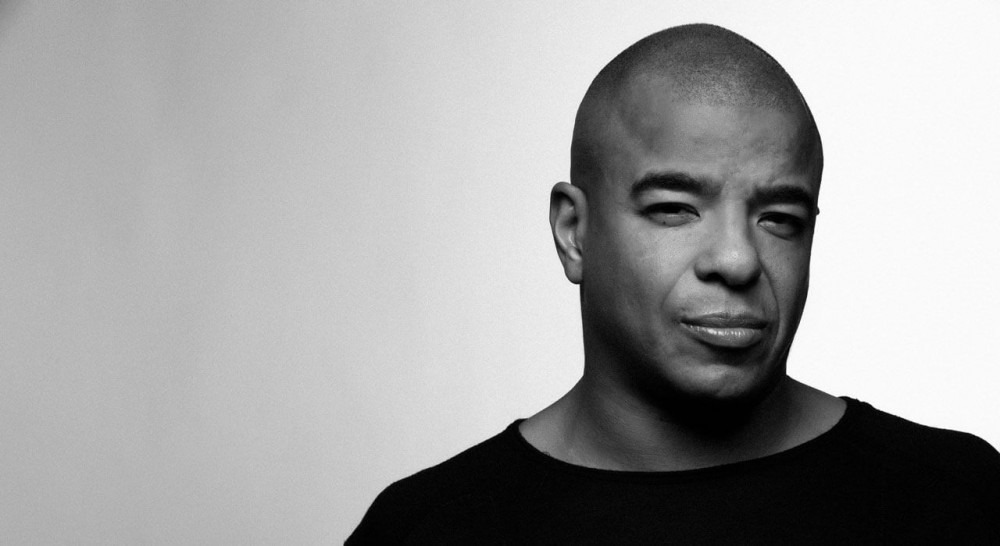Erick Morillo’s death is an avoidable tragedy that leaves a hole in the lives of his loved ones, while also denying a woman justice from the crimes he was accused of.
The Colombian raised DJ found astonishing success in the 90s, helping to turn house into a bona fide international artform. His song ‘I Like To Move It’ is familiar to millions, even those who would never set foot in a house rave in a million years.
A fixture in the house community, he came to prominence through a partnership with Strictly Rhythm, before founding his own Subliminal label. A multi-award winning success story, his role in shaping house as an art form and culture must be mentioned in tandem with the crimes has was latterly accused of.
Earlier this year Erick Morillo handed himself in to Florida police alongside his attorney. The DJ had been accused of sexual battery following an incident at his Miami Beach property last December, and the police ‘rape kit’ returned a positive identification on his DNA. The case was due to be heard in just a few weeks.
This backdrop has produced a toxic mixture for social media. A host of DJs have posted inadvisable tributes, some even mentioning the case in a manner that is at best inadvisable, and at worst reprehensible.

Radio 1 host Danny Howard knew Erick Morillo personally, and his comments were driven perhaps more by emotion than good sense.
Speaking to followers on Twitter, he wrote: “He didn’t deserve to die, I’m heartbroken… Thank you for the music, thank you for your inspiration and thank you for all your support, legend…”
But these gut reactions – as understandable as they are – are simply not good enough. It’s not appropriate for a public broadcaster to label a case of sexual battery as “his demons” before speculating on trial pressure.
Rape is an indescribably damaging crime, one that remains incredibly difficult to prosecute in the United States. According to current statistics, for every 1000 instances of rape only 57 result in an arrest, while a mere 11 actually make court. In all, only six prison sentences are handed out for 1000 cases.
These figures are utterly heartbreaking, the cruel end product of a system that does not protect women. Club culture, too, must hold its share of this burden – Me Too has changed the way we view abuse, altered the way we interpret power structures. It’s not good enough for male DJs to hold rank, to lock arms and block out any mention of Erick Morillo’s crimes, citing only his good character, his personal issues, and his lasting musical legacy.
One thing Danny Howard does get right, however, is that this never should have happened. The death of Erick Morillo prevents a court case, prevents this woman being able to state her case under the strictures of law. The death of the New York born DJ prevents this, and perhaps blocks club culture as a whole facing up to the abusive actions of a key player in its development.
An alternative outcome, however, is that Erick Morillo could have been found innocent. Ultimately, the police force in Miami have let down both defendant and accuser, their actions prohibiting the continuation of this case. Allowing Erick Morillo to be at home alone breaks their duty of care – this is a case that should have been heard, and both lives had to be protected to do that.
What house must now grapple with is the tarnished legacy of an internationally renowned figure, someone whose career spanning almost three decades. Erick Morillo’s life and work has inspired countless DJs and producers, and the social media tributes act as testimony to that. Except the positives of his work as an advocate for house music have to be seen concurrently with the trauma and violent abuse he was accused of during the final stages of his life.
Erick Morillo’s death is tragic in every sense. It robs his family and friends of someone they loved, and supplies a traumatic ending to one of house music’s most glittering careers. But it robs this woman of hearing her case before a court of law, and prevents the full truth of that night being heard.
As broadcaster and club figure Zel McCarthy points out: “His legacy is complicated but loss is still loss.”
In the end, it is extraordinarily difficult to find some kind of balance with the life and legacy of Erick Morillo. Ultimately, though, we must all do better.
– – –
Join us on the ad-free creative social network Vero, as we get under the skin of global cultural happenings. Follow Clash Magazine as we skip merrily between clubs, concerts, interviews and photo shoots. Get backstage sneak peeks, exclusive content and access to Clash Live events and a true view into our world as the fun and games unfold.

